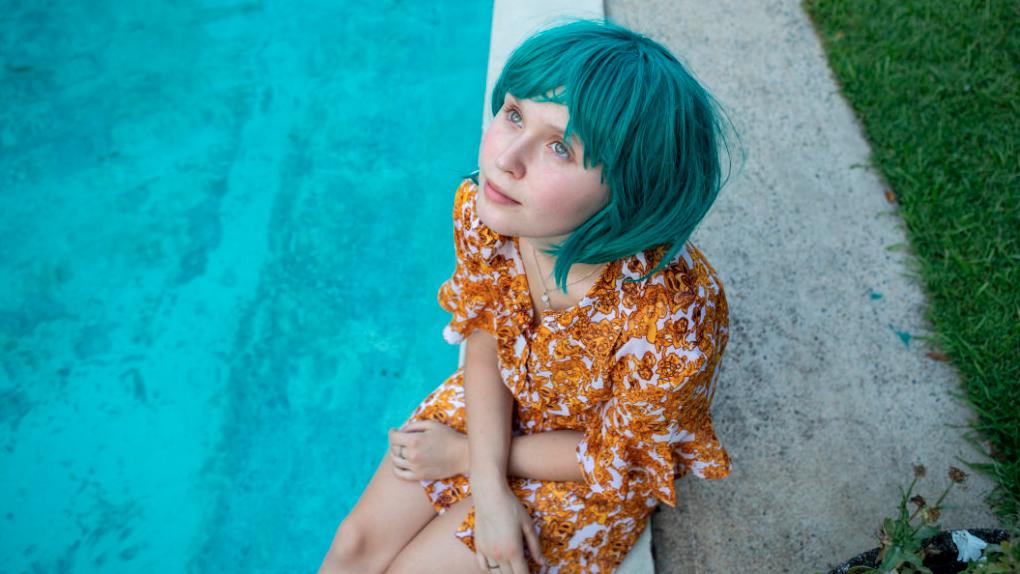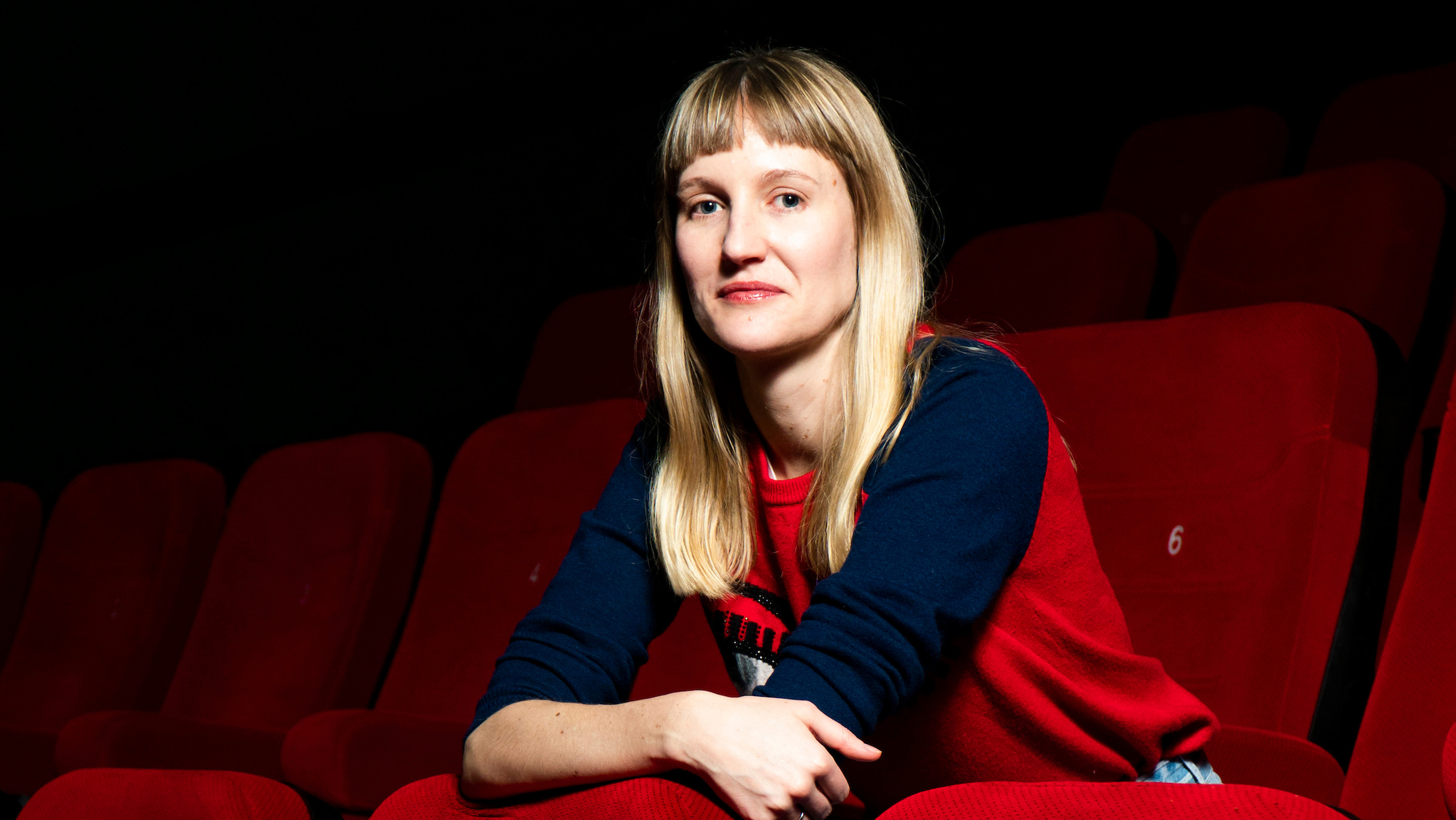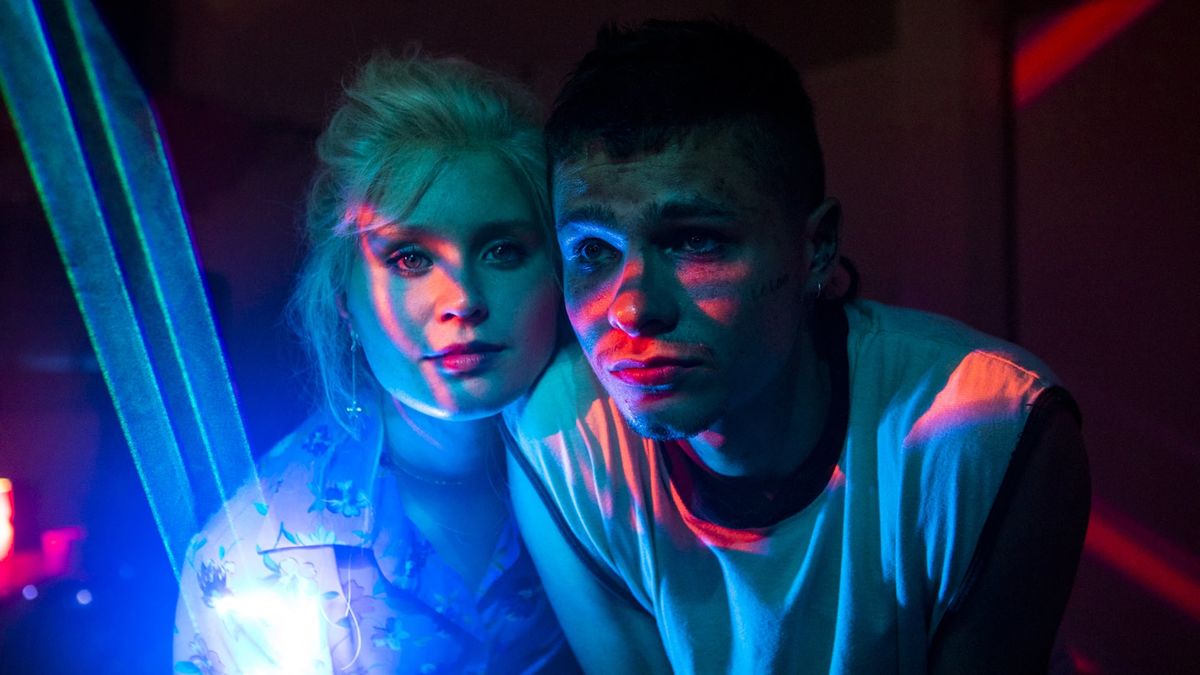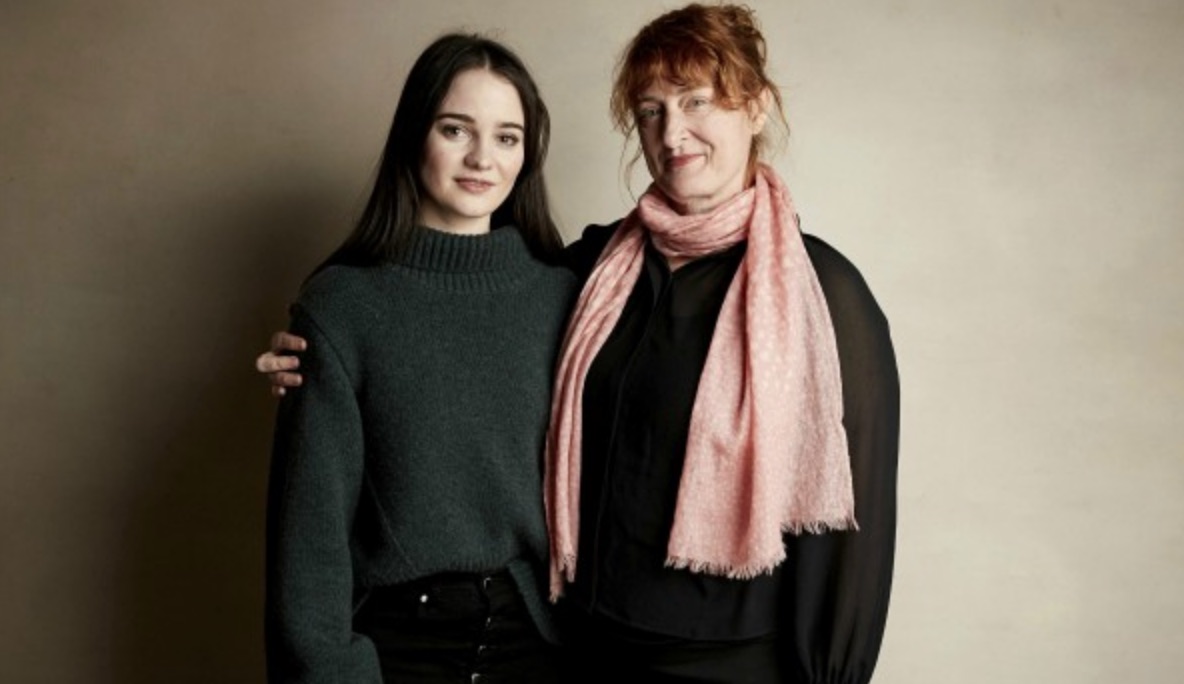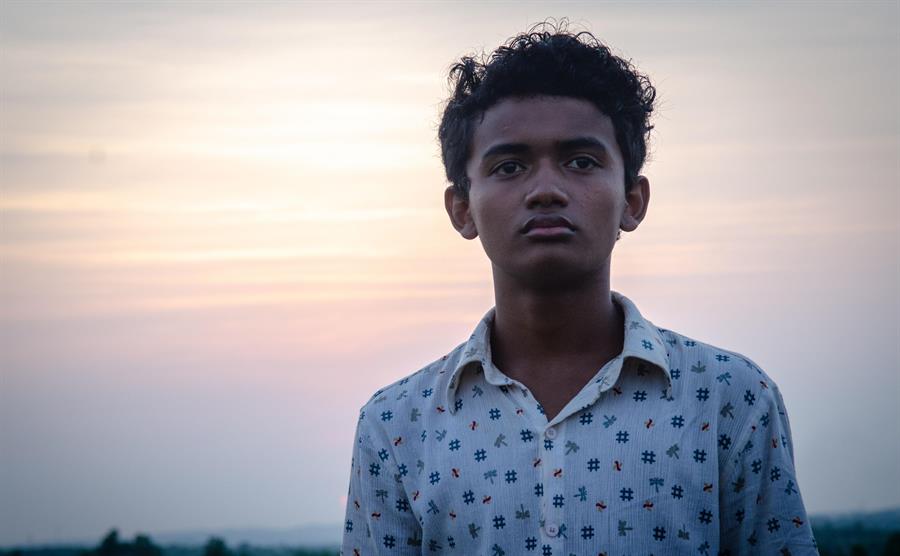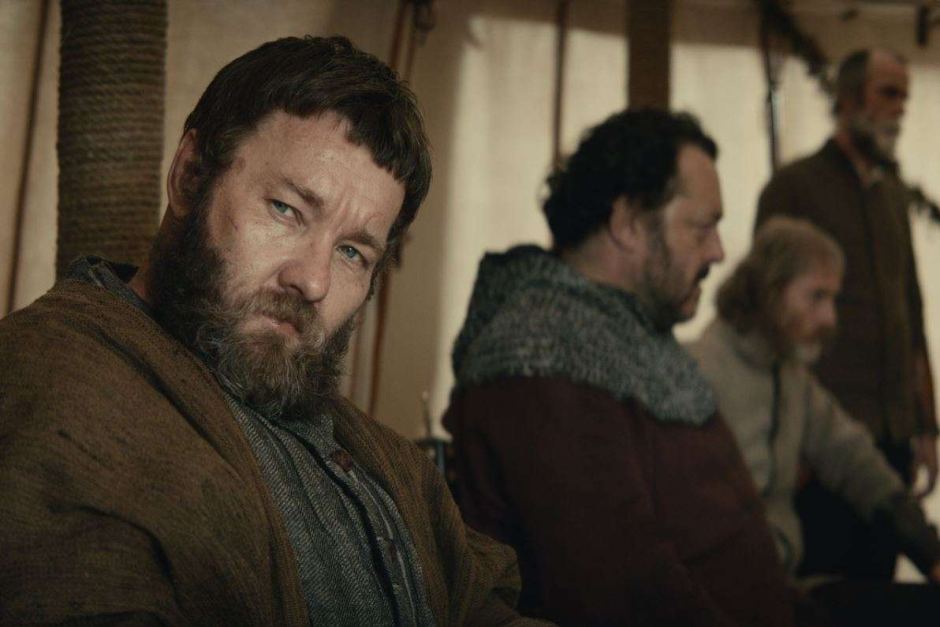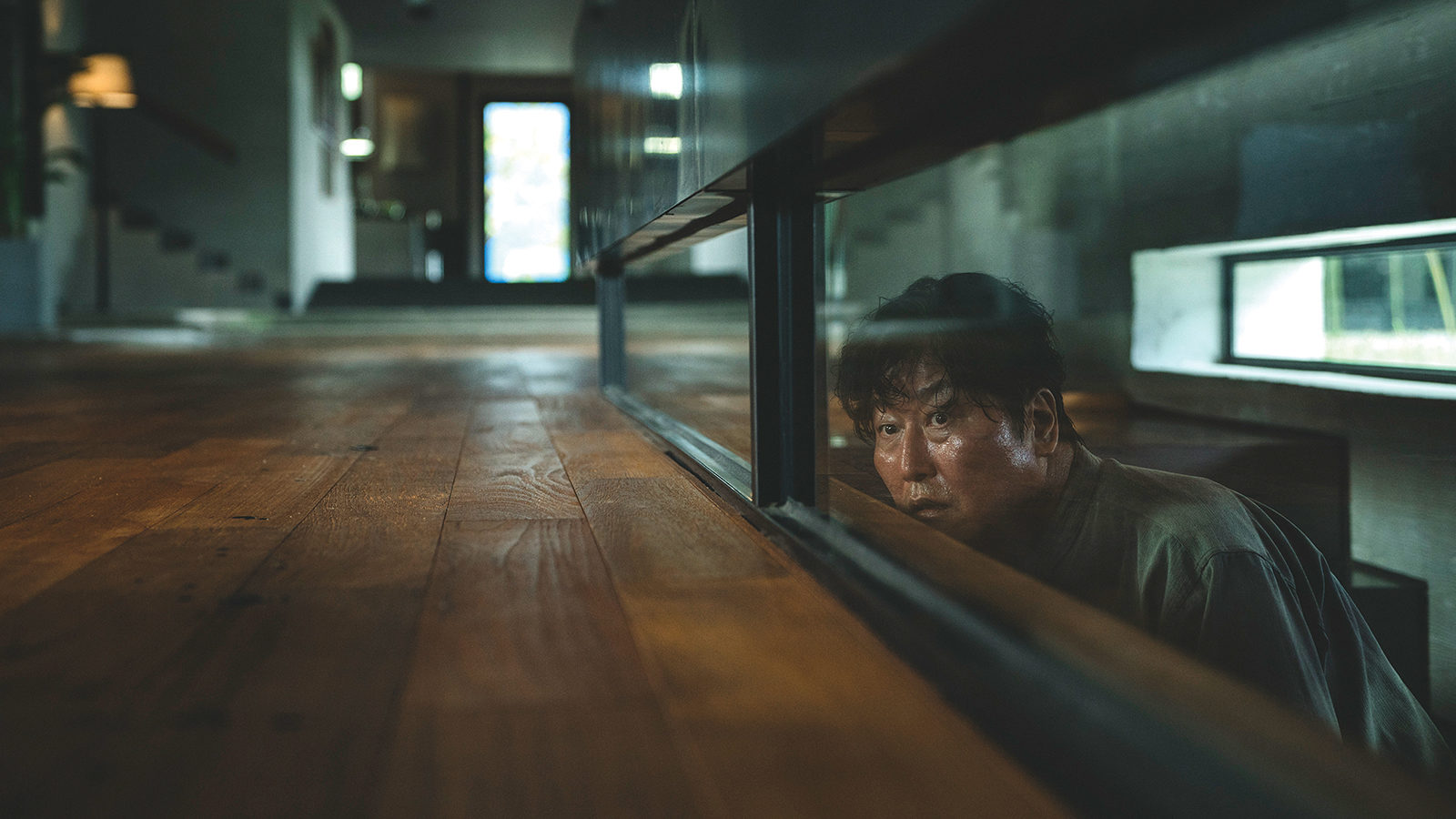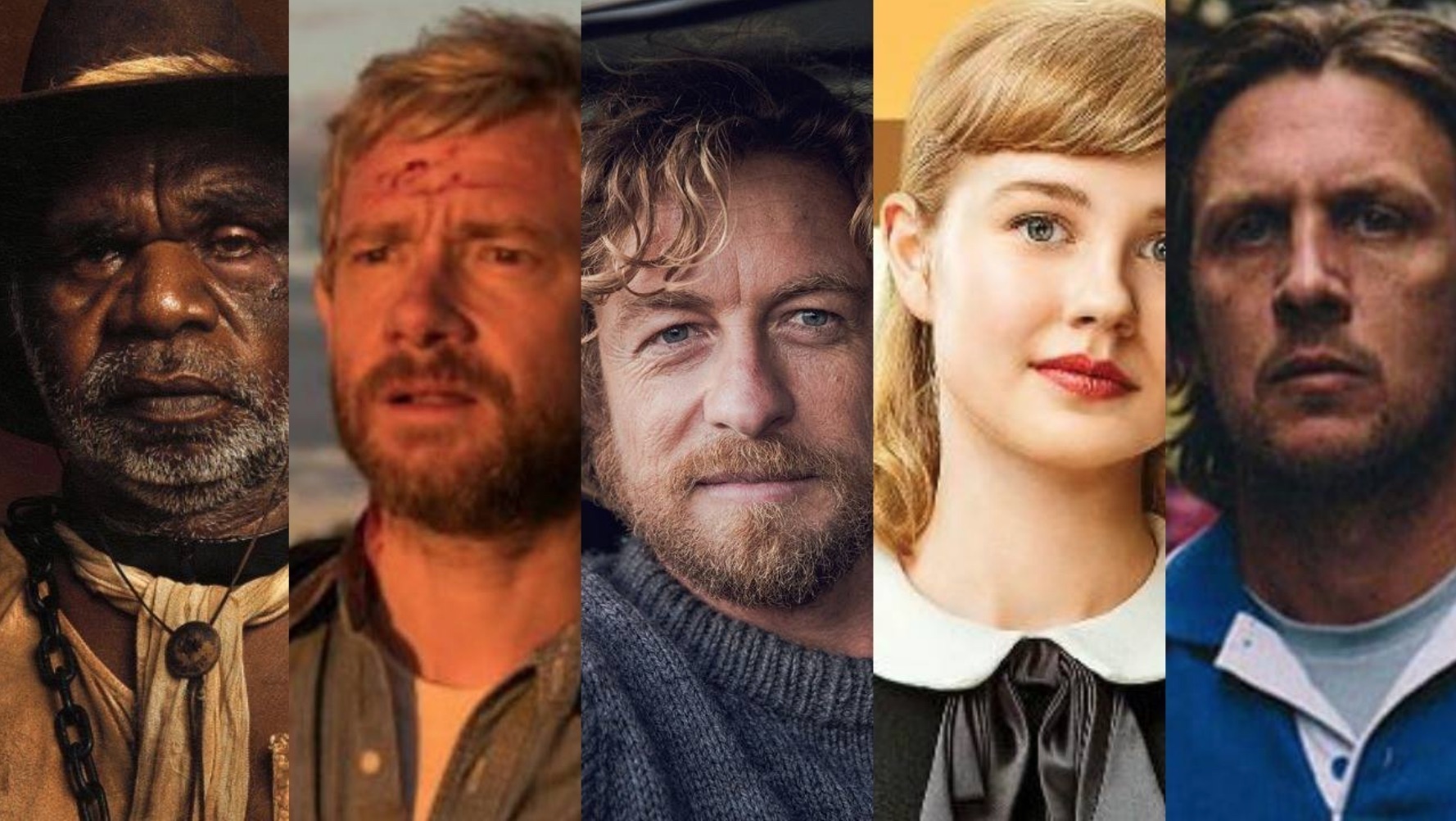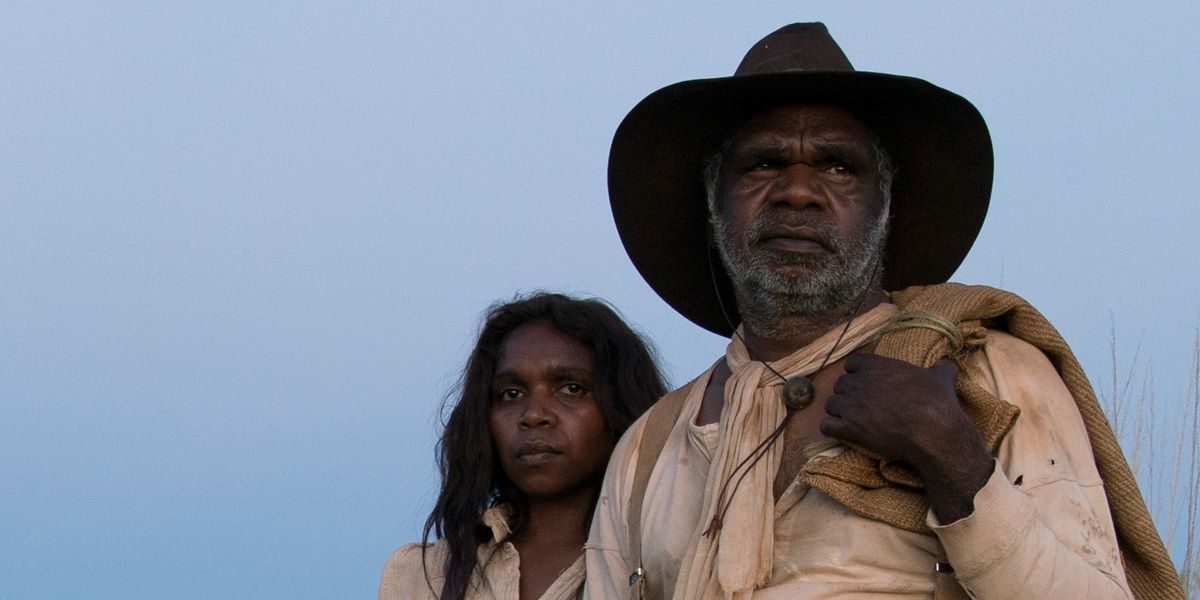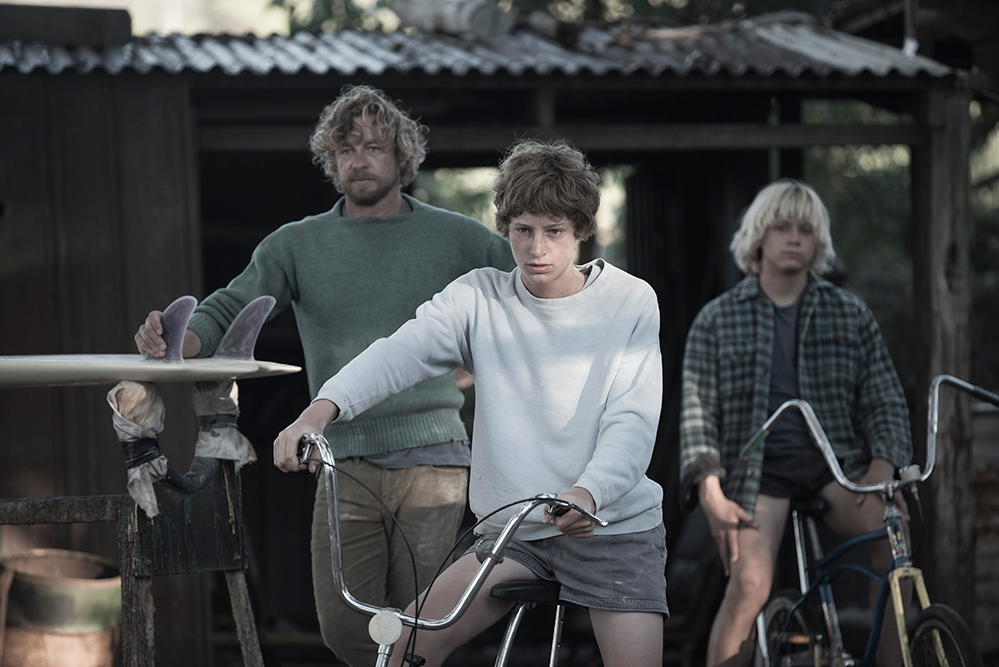WOMEN DIRECTORS FLY OZ FLAG AT SUNDANCE 2021
 Sunday, December 20, 2020 at 8:10AM
Sunday, December 20, 2020 at 8:10AM
The feature documentary Playing with Sharks, virtual reality project Prison X - Chapter 1: The Devil & The Sun and short film GNT will fly the Australian sector flag at the 2021 Sundance Film Festival. The iconic event has responded to the COVID pandemic by scheduling both online and theatrical sessions across the US from 28 January to 3 February.

Playing with Sharks, a documentary about iconic Australian diver and filmmaker Valerie Taylor, will make its world premiere in the World Documentary Competition.
“To launch this film at the prestigious Sundance Film Festival is a dream come true,” enthused director Sally Aitken. “Valerie’s daredevil exploits and her astounding underwater archive are a potent mix for any director. That she is still diving and fighting for sharks at the age of 85 shows Valerie’s incredible passion and thirst for adventure remains undiminished. Her life-affirming journey as an unlikely conservationist proves what is possible with our interconnectedness to the natural world, if we allow it.”
PLAYING WITH SHARKS (Dir: Sally Aitken; Prod: Bettina Dalton) Synopsis: Valerie Taylor is a shark fanatic and an Australian icon. A marine maverick who forged her way as a fearless diver, cinematographer and conservationist. She filmed the real sharks for Jaws and famously wore a chain mail suit, using herself as shark bait, in experiments that changed scientific understanding of sharks forever.
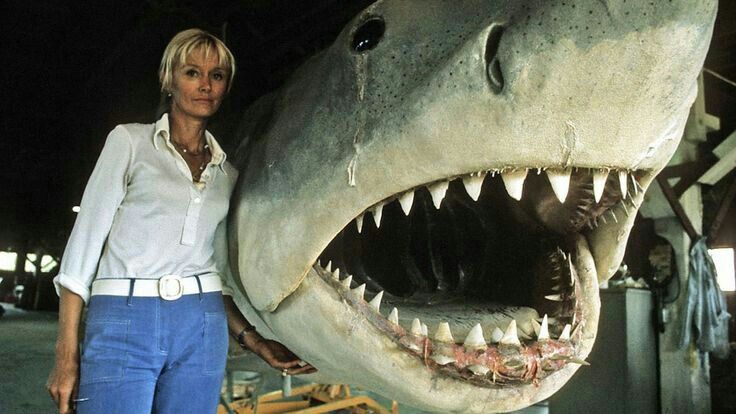
Virtual reality animation Prison X – Chapter 1: The Devil & The Sun will make its world premiere in the New Frontier section which showcases emerging media storytelling, multimedia installations, performances, and films across fiction, nonfiction and hybrid projects. The project takes viewers on a mythological journey inside a Neo-Andean underworld, where The Jaguaress greets you at the gateway between theater and reality and casts you as Inti, a young man imprisoned after his first job as a drug mule..
“As a storyteller, Virtual Reality gave me the tools and technological capacity to push my imagination to a further degree,” said Quechua filmmaker Violeta Ayala. “But it takes a community to make a film, and I'm very proud that the team behind Prison X represents the Australia that we see on the streets.” The production utilised the talents of Bolivian-Australian, Ghanaian-Australian and Filipino-Australian creatives.
PRISON X – THE DEVIL & THE SUN (Writ/Dir: Violeta Ayala; Prods: Violeta Ayala, Dan Fallshaw, Roly Elias) Synopsis: A virtual reality project where heavy doors open up and suck you in as a world of magical realism swirls around you, where you have to hang onto your soul so the devil doesn't take it away.
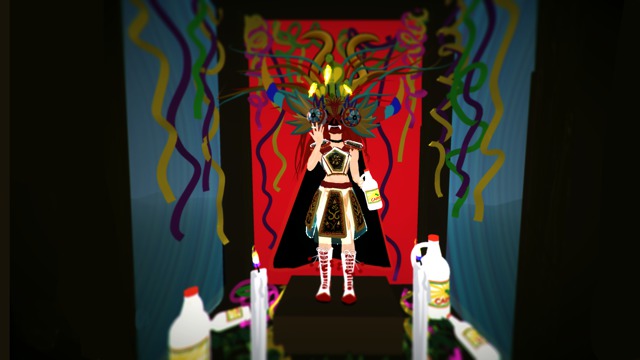
Animated short film GNT (pictured, top), which won the Yoram Gross Animation prize at Sydney Film Festival 2020, follows one woman’s outrageous mission to conquer social media and upstage her friends. Creators Sara Hirner and Rosemary Vasquez-Brown said, “We put so much love into this chaotic four minutes, and feel especially humbled that it will be shown at Sundance. We hope it makes you giggle, or at the very least, question your choices on social media.”
GNT (Writ/Dirs: Sara Hirner, Rosemary Vasquez-Brown; Prods: Sara Hirner, Rosemary Vasquez-Brown) Synopsis: An animation that follows Glenn, a woman on an unwholesome mission to conquer her clique and social media at large.
“Congratulations to these teams, this selection is an incredible accomplishment,” said Screen Australia’s CEO Graeme Mason. “These projects each have a distinctive Australian voice and demonstrate the breadth and ingenuity of our industry on the world stage. It’s fantastic to have three projects representing Australia all helmed by female directors in this year’s program.” Screen Australia were principal production investors on Playing with Sharks and Prison X – Chapter 1: The Devil & The Sun, in association with Screen NSW. GNT was created as a graduation project out of University of Technology Sydney.
 Australian Film,
Australian Film,  Documentary,
Documentary,  Short Film,
Short Film,  Sundance
Sundance 